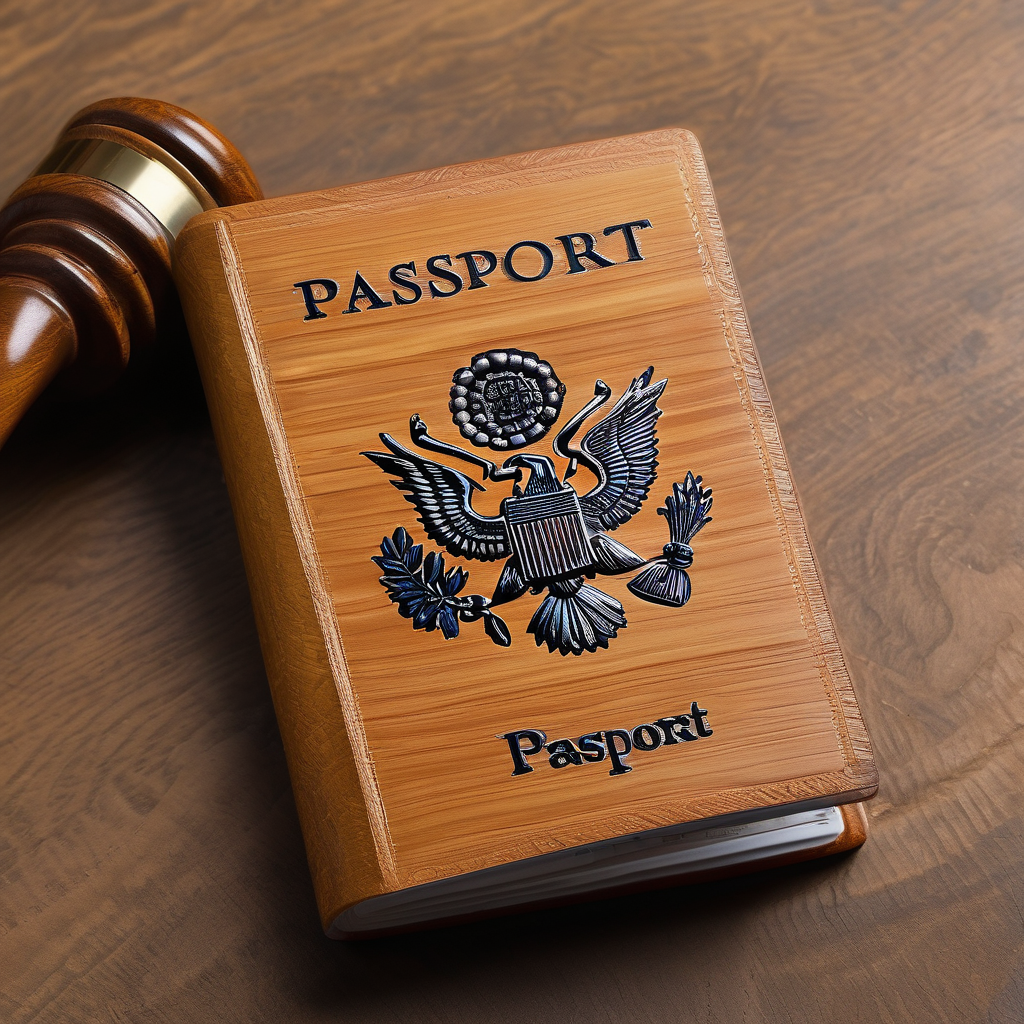Britain is initiating significant reforms to its human rights laws with the aim of simplifying the deportation process for migrants who enter the country unlawfully. The government’s overhaul of asylum policies is set to be detailed by Interior Minister Shabana Mahmood. Prime Minister Keir Starmer remarked that these changes will reduce the number of appeals and speed up the removal of those who lack legal status in the UK.
The proposed reforms include altering how the European Convention on Human Rights is interpreted by courts, making refugee status temporary, and extending the time required for refugees to achieve permanent status. This strategy is motivated by escalating concerns over illegal migration, particularly small boat crossings, and comes as public opinion polls highlight immigration as a major issue for voters.
In a related note, the government has expressed that provisions in Article 8 of the European Convention on Human Rights, which relates to family life, have been exploited by migrants to prolong their stay. The upcoming legislation will clarify that family ties must refer to direct family members, thereby preventing the use of distant relationships as grounds for remaining in the UK. Furthermore, the government intends to collaborate with allied nations to reassess Article 3, which is designed to shield individuals from torture and inhumane treatment, asserting that its interpretation has broadened unreasonably.
While the government maintains its commitment to the European Convention on Human Rights, voices of dissent have emerged, primarily from charities arguing that the new policies will further marginalize vulnerable populations. Sile Reynolds from Freedom from Torture noted that such reforms may penalize individuals who have already faced significant hardships.
Starmer defended the reforms by acknowledging the need for robust border security in light of a turbulent global landscape, reiterating Britain’s identity as a fair and compassionate society. Plans will also include enhancements to the appeals system and strategies to curtail the misuse of modern slavery laws that hinder deportations.
Overall, these proposed adjustments reflect the government’s determination to tighten immigration controls while navigating the complexities of human rights protections. The conversation surrounding these changes signals a turning point in Britain’s immigration narrative, with a potential for re-evaluating the balance between security and compassion for those seeking asylum.
